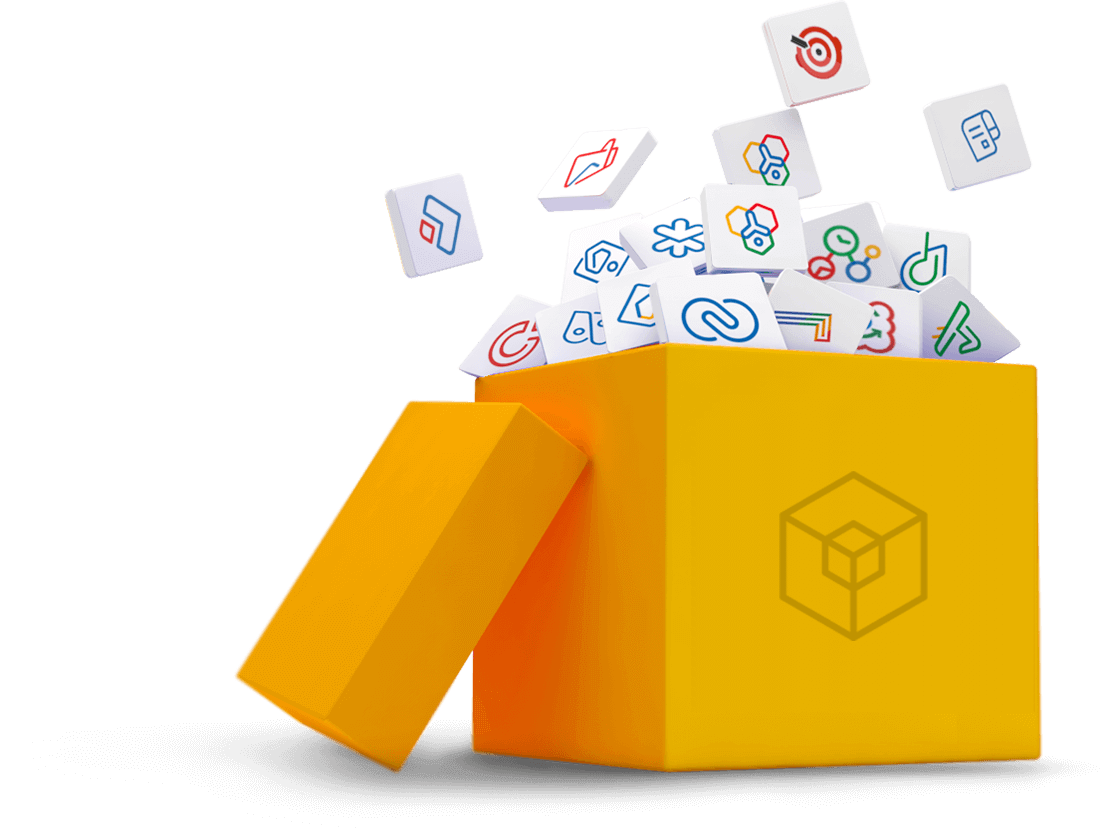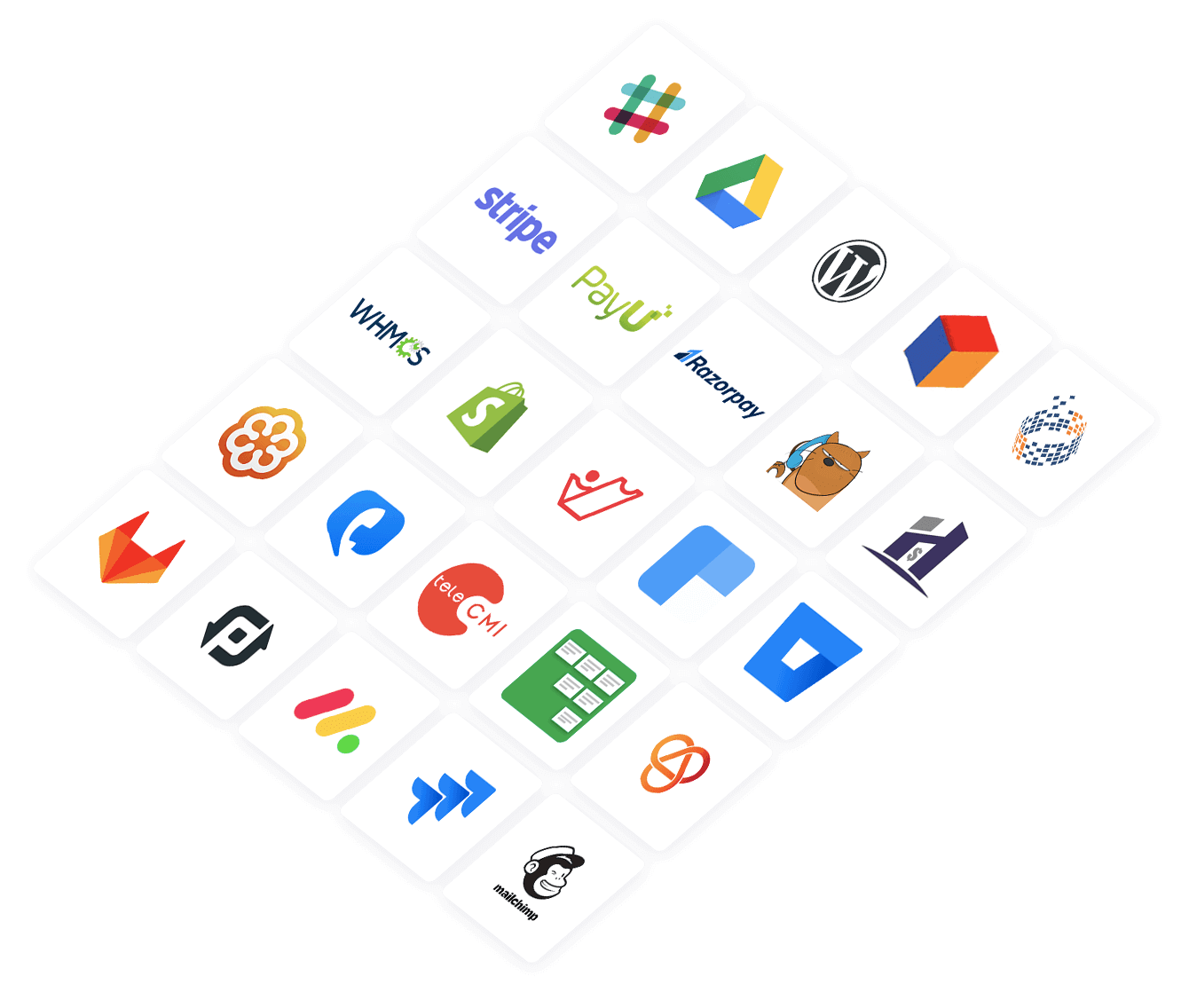How Ofix Transformed Business Operations with Zoho One
- INDUSTRYRetail
- Key AppsZoho Desk, CRM, Analytics, Connect, Meetings and Campaigns.
Overview of Ofix
Established in 1993, Ofix is a leading Polish supplier of office supplies, workplace safety equipment, and food products essential for the daily operations of companies. Initially starting as a small stationery store, Ofix has evolved into a nationwide supplier with a robust B2B and B2C presence.
Operating from a state-of-the-art, 6,000-square-meter warehouse near Poznań, Poland, Ofix serves over 10,000 customers annually, ranging from small businesses to large corporations as well as B2C clients. The company generates annual revenue of approximately 150 million PLN (35 million EUR).
Known for its customer-centric approach and efficient logistics network, Ofix is a trusted partner to clients across Poland. Ofix's customer base includes large corporations, public institutions, and small businesses, with diverse needs for bulk purchasing, safety standards, and ongoing supply management. The company boasts a highly automated internal process that enables fast order fulfilment and delivery, with products frequently shipped within 24 hours of order placement.
The challenge
Before implementing Zoho, Ofix faced significant operational challenges:
Dispersed Communication: Email communication was scattered across personal inboxes, making it difficult to track customer queries, assign tasks, or ensure timely responses.
Data Silos:The lack of integration between systems led to duplicated work, incomplete data, and slow access to crucial reports.
Manual Reporting:Generating reports often required IT intervention, consuming valuable time and resources.
E-commerce Complexity:Ofix also had to streamline operations for its growing online presence, while managing in-house sales processes efficiently.
The Solution:Zoho One
In 2018, Ofix began implementing Zoho One, a comprehensive suite of over 40 integrated applications. Starting with Zoho Desk and Zoho CRM, the company selected Zoho over competitors like Salesforce, mainly due to its superior cost-to-value ratio and flexibility. The suite was chosen for its ability to integrate different business processes and reduce the reliance on IT for day-to-day operations.
Key applications used by Ofix include:
- Zoho Desk:Centralized customer communication and ticket management system.
- Zoho CRM:Customer relationship management, sales funnel tracking, and email marketing automation.
- Zoho Analytics:Self-service reporting and dynamic dashboards for data-driven decision-making.
- Zoho Connect & Meetings:Internal team collaboration tools, including remote work enablement.
- Zoho Campaigns:Email marketing and automation to keep clients engaged.
Integration Successes and Challenges
Successes in Integration:
Zoho Analytics Integration:Zoho Analytics aggregated data from various platforms, enabling decision-makers to access real-time insights through dynamic dashboards. This integration significantly reduced the need for IT to generate custom reports, empowering business leaders to monitor performance independently.
Streamlined Communication:The integration between Zoho CRM and Zoho Desk helped unify all customer communication, allowing customer service and sales teams to collaborate more effectively. Zoho Desk’s shared inbox centralizes all client queries, ensuring no tickets are lost.
Workflow Automation:Zoho Desk's ticketing system integrates with internal workflows, automating the assignment of tasks based on predefined rules. This streamlining of operations has greatly improved efficiency and reduced resolution times.
Cross-Application Compatibility:Zoho’s single sign-on feature ensures secure and easy access to multiple applications, simplifying the employee experience. This integration boosts operational visibility across teams and departments.
Integration with Allegro:As an e-commerce leader in Poland, Allegro is a vital part of Ofix's B2C online strategy. Zoho open Api helped to integrate with Allegro seamlessly, enabling Ofix to synchronize product listings, orders, and customer data between its internal systems and the marketplace. Orders placed on Allegro are automatically synced with Zoho CRM and Zoho Desk, enabling a smoother order management process and faster customer support response times.
Challenges in Integration:
Dual CRM Systems:While Zoho CRM handles sales and customer engagement, Ofix still uses its legacy CRM system for detailed pricing data, custom product catalogues, and historic sales information. Maintaining two systems can occasionally cause data synchronization issues.
ERP and WMS Integration:Ofix’s Enterprise Resource Planning (ERP) and Warehouse Management System (WMS) remain separate from Zoho applications. While Zoho CRM and Desk manage customer interactions, the ERP system handles complex inventory management, and the WMS oversees warehousing logistics. Bridging this gap is a focus for future integration efforts.
API and Storage Limits:With the volume of data transferred between systems, Ofix has occasionally encountered limits in API calls and storage capacity. Managing large datasets from Allegro and other platforms requires ongoing optimization to ensure seamless data flow across applications.
Implementation Process
Gradual Rollout:The implementation of Zoho One was conducted in phases, starting with Zoho Desk. This gradual approach allowed Ofix to iron out any challenges before full-scale deployment.
Collaborative Onboarding:Ofix worked closely with Pro Futuro Consulting to ensure 360 view of customer thankfully to integrating email and phone communications.
Employee Training:Ofix invested heavily in training employees to use Zoho tools effectively. Hands-on training, along with certifications, ensured staff were well-equipped to customize and manage the system.
Impact of Zoho One on Ofix’s Operations
Enhanced Productivity:
Revenue Growth:Ofix’s revenue grew from 70 million PLN to 150 million PLN without the need for significant staff expansion.
Operational Efficiency:Workflow automation and centralized data management significantly reduced manual processes and follow-ups.
Improved Communication:
Customer service queries are now tracked and resolved through Zoho Desk, providing a shared inbox for easy collaboration across teams.
The integration between Zoho CRM and Desk ensures that sales teams can immediately access a customer’s support history, enabling personalized service and faster resolution times.
Real-Time E-Commerce Integration:
The integration with Allegro allows for real-time synchronization of product listings, orders, and customer details. This has streamlined order management and reduced human errors related to stock levels.
Allegro customers can be engaged with personalized marketing campaigns triggered from Zoho CRM, ensuring timely and relevant communications.
Self-Service Reporting:
Zoho Analytics enables Ofix to generate reports independently and dashboards, improving decision-making speed and reducing IT involvement.
Adaptability During Crisis:
During the pandemic, Zoho’s browser-based tools allowed Ofix to shift to remote operations overnight. Despite the challenges, the company not only maintained operations but also saw an increase in sales due to Zoho’s scalability and adaptability.
Lessons Learned
Gradual Deployment is Key:A step-by-step approach to implementing Zoho tools allowed Ofix to understand each app’s functionality thoroughly, minimizing disruptions.
Partnering with Experts:A reliable partner for integration and onboarding (like Pro Futuro Consulting) is advisable to ensure that all Zoho tools were implemented smoothly.
Ongoing Training:Continuing to train staff in Zoho applications ensures that the company gets the most value from the suite and stays on top of new features and capabilities.
Focus on Data Accuracy:Data synchronization and integration between Zoho and other systems, such as the ERP system, are essential to maintaining efficiency across the business.
Conclusion
For Ofix, Zoho One has been more than just a set of tools—it has become a central part of the company’s operations, enabling enhanced productivity, streamlined communication, and better customer service. The integration with Allegro has been particularly pivotal, allowing Ofix to synchronize its e-commerce processes with its internal systems for greater efficiency and a superior customer experience.


